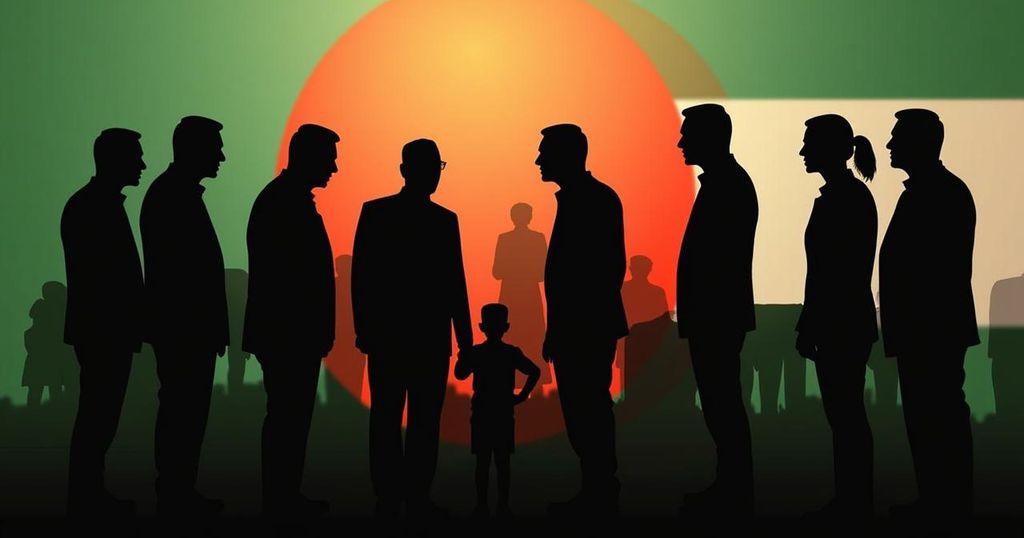Bangladesh Initiates Diplomatic Restructuring Amid Political Turmoil

Bangladesh’s Ministry of Foreign Affairs has ordered the immediate recall of several ambassadors, including the Indian envoy Mustafizur Rahman, amidst political upheaval following the resignation of Prime Minister Sheikh Hasina after violent protests. More than 700 people have reportedly died in these protests, straining relations with India, while accusations of violence against Hindus have emerged in the ensuing chaos.
In a significant diplomatic restructuring, Bangladesh has ordered the recall of several envoys, including Mustafizur Rahman, the Indian envoy, amidst escalating political turmoil following the resignation of Prime Minister Sheikh Hasina on August 5. The Ministry of Foreign Affairs has instructed ambassadors in Brussels, Canberra, Lisbon, New Delhi, and the permanent mission to the United Nations in New York to return to Dhaka immediately. This move is aligned with the previous recall of Saida Muna Tasneem, Bangladesh’s high commissioner to the United Kingdom, who was similarly directed to return without any further elaboration on the reasons for these actions. Consequently, the recent political upheaval has exacerbated tensions between Bangladesh and India, especially in light of claims regarding minority groups suffering attacks in the wake of the protests. Moreover, as more than 700 individuals lost their lives during the protests led by students opposing the government, political relations and public sentiment in Bangladesh have become increasingly volatile. Critics assert that the violence targeting minority communities, especially Hindus, stems from political unrest rather than religious motivations, a claim countered by the government.
The political landscape in Bangladesh has undergone rapid and tumultuous changes, primarily following the ousting of Prime Minister Sheikh Hasina amid widespread protests. These protests, which were reportedly led by students and have resulted in significant casualties, have strained bilateral relations with India, highlighting the fragile nature of regional diplomacy. The government’s actions towards their foreign representatives can be seen as an attempt to consolidate power and manage internal stability during a particularly sensitive period. The conflicts involving minority groups raise further questions about governance and human rights in the context of political change, reflecting the multiple layers of complexity inherent in Bangladesh’s sociopolitical structure.
In summary, the recent recall of several Bangladeshi envoys, including the Indian representative Mustafizur Rahman, reflects the ongoing political crisis within the country. The government’s measures appear to be a direct response to the tumultuous events following Prime Minister Hasina’s resignation and are indicative of the significant geopolitical implications arising from domestic protests. As Bangladesh navigates these challenges, the impact on its diplomatic relations, particularly with India, and the treatment of minority populations will require attentive observation.
Original Source: m.economictimes.com







